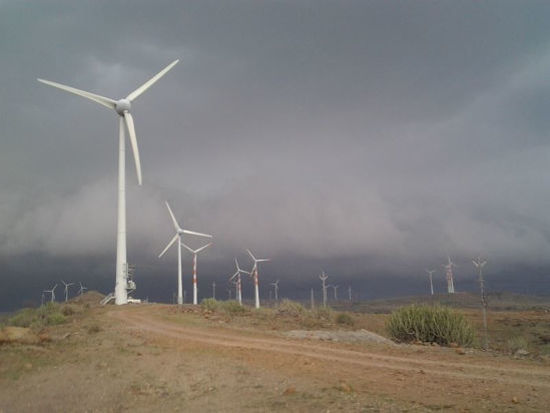Industry
- Wind
Continent
- Asia
Country
- India
Vintage 
- CP2: 2013 or later
- Bank transfer
- PayPal or Credit Card
Sustainable Development Co-Benefits
Environmental
- Air
- Natural resources
Social
- Welfare
Economic
- Energy
- Technology
9755
Wind Power Electricity Generation in Maharashtra
0
The proposed project activity is a 3 MW wind power generation project implemented by M/s L. B. Kunjir. It involves the installation of two Wind Turbine Generators (WTGs) of 1.5 MW each, manufactured by Suzlon, at Village Charan, Taluka Shirala, District Sangli, Maharashtra, India. The WTGs harness wind energy to generate renewable electricity, which is supplied to the NEWNE grid. The project was commissioned on 31 March 2012.

